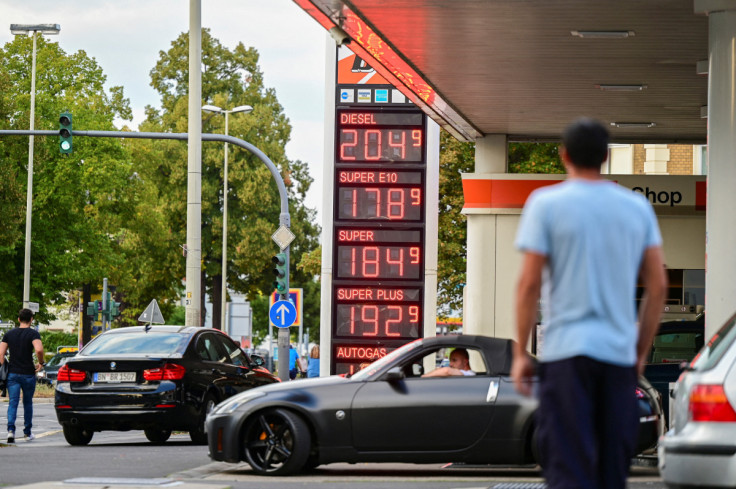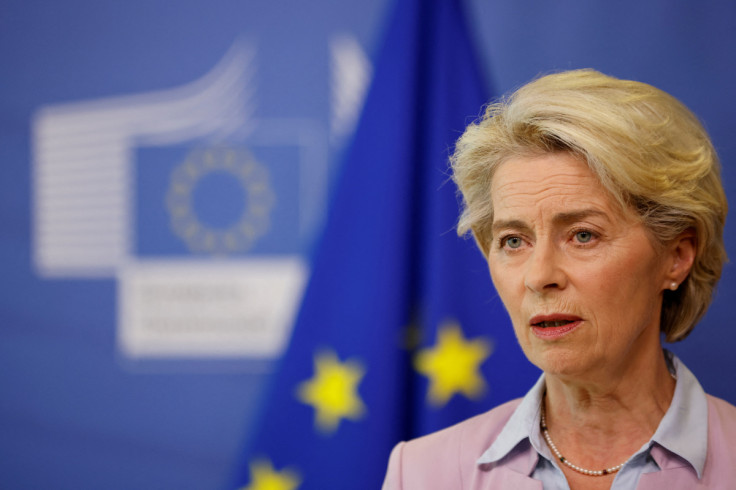EU To Propose Crisis Measures To Curb Energy Price Spike

The European Union is set to unveil plans on Wednesday to skim off windfall profits from energy companies and impose cuts in electricity usage across the bloc, in a package designed to shield citizens and businesses from surging energy prices.
European governments have already ploughed hundreds of billions of euros into tax cuts, handouts and subsidies as they attempt to contain an energy crisis that is fuelling record inflation, forcing industries to shut production and hiking citizens' bills ahead of winter.
On Wednesday, the European Commission will attempt to overlay that patchwork of national measures with a more coherent bloc-wide response, applying across all 27 EU member states.
A draft of the Commission plans, seen by Reuters, would skim off excess revenues from Europe's non-gas fuelled power plants to raise cash for governments to spend on helping businesses and citizens with their bills.
Wind and solar farms and nuclear plants would face a cap of 180 euros ($180) per megawatt hour (MWh) on the revenue they receive for generating electricity, with governments recouping any excess cash and recycling it to support consumers, according to the draft, which could still change before publication.
That would cap generators' revenues at less than half of current market prices. Germany's front-year electricity price hit a record high of more than 1,000 euros/MWh last month and was trading at above 400 euros/MWh on Tuesday.
Fossil fuel firms would also face a windfall profit levy to claw back what the Commission described in the draft as "unexpected profits" linked to soaring oil and gas prices stoked by Russia slashing gas deliveries in the wake of its invasion of Ukraine.
Oil, gas, coal and refining firms would be required to make a "solidarity contribution" of 33% of their taxable surplus profits from fiscal year 2022, the draft said.
The Commission has backed away from an initial plan to cap Russian gas prices, however, and EU countries are divided over whether broader price caps would help or harm Europe's efforts to secure winter energy supplies.
EU countries will have to negotiate the Commission's proposals and agree on final laws. With contentious gas price caps off the table - at least, for now - diplomats from some states were optimistic that deals could be struck at a meeting of EU energy ministers on Sept. 30.
The draft EU proposal would also impose a mandatory target for countries to cut electricity consumption by 5% during the 10% of hours with the highest electricity demand each month, in a bid to save fuel during the colder months.
EU countries' gas storage caverns are now 84% full, exceeding the EU's pre-winter target despite Russia slashing gas deliveries to the bloc. But analysts say Europe will still need deep cuts in fuel use over winter, to avoid stores emptying.
Brussels is also working on plans for emergency liquidity support to help energy companies facing a cash squeeze, but EU officials said those measures would likely be published later than Wednesday.
($1 = 1.0004 euros)

© Copyright Thomson Reuters 2024. All rights reserved.











